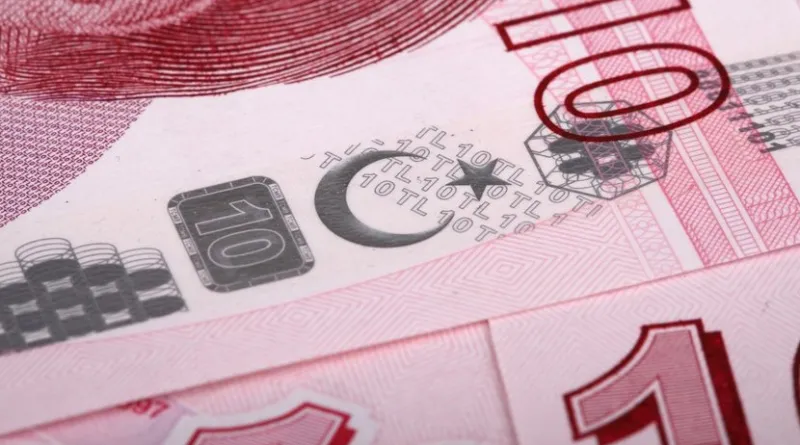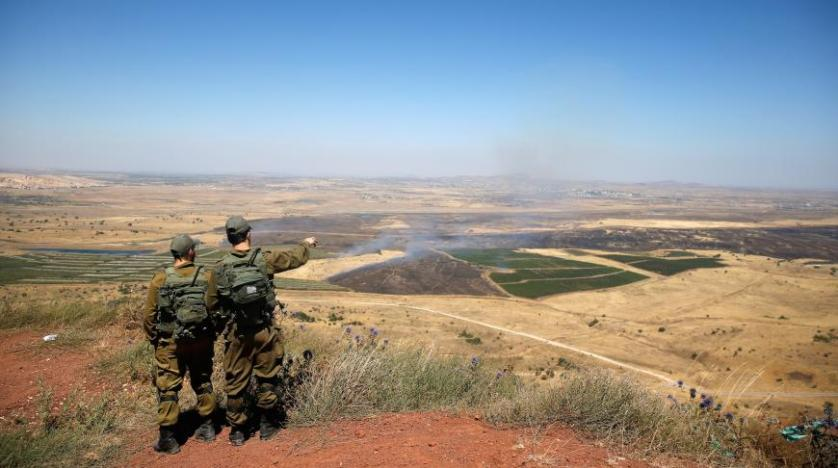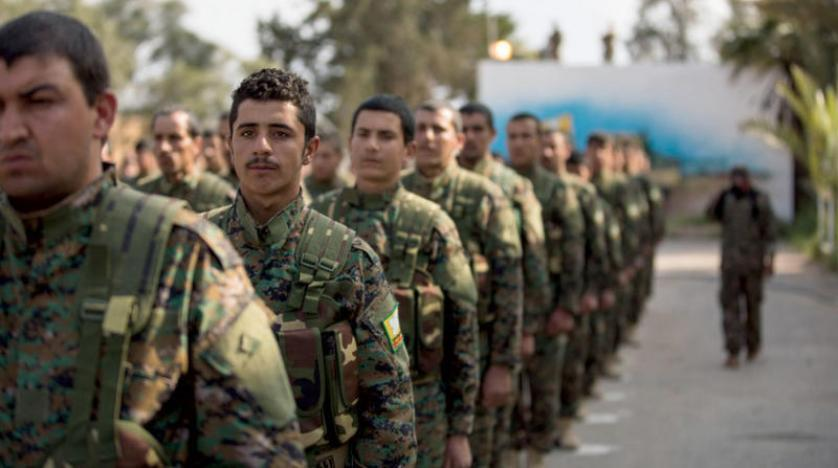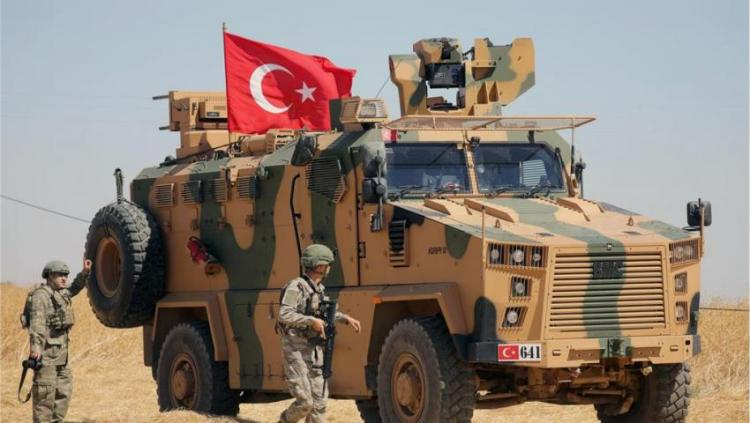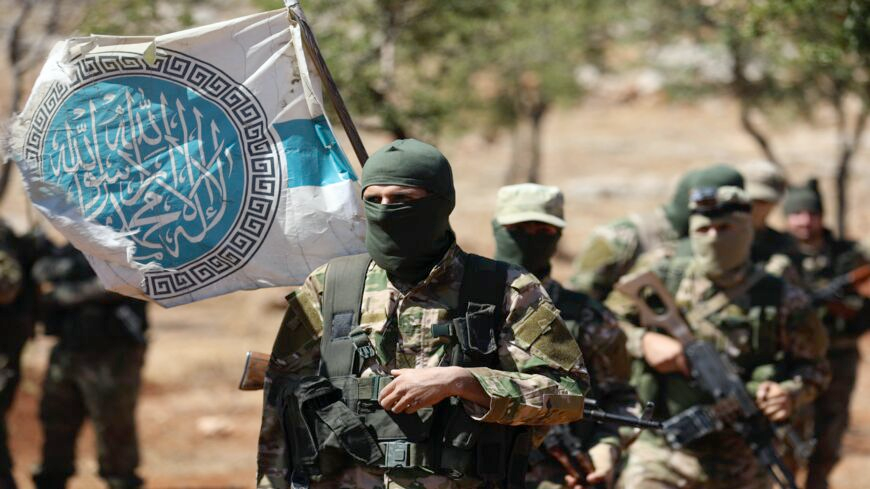Iraqi Industry Minister: Benefiting from the Syrian experience in industrial cities domain

Damascus, SANA-Iraqi Minister of Industry and Minerals, Manhal Aziz al-Khabbaz affirmed the importance of sharing experiences between Iraq and Syria and benefiting from the advanced Syrian experience in the field of industrial cities and zones.
The Iraqi Minister’s remarks came during a press statement following his arrival in Damascus on Saturday, heading a delegation of businessmen, industrialists, and officials of the industrial cities to participate in the fourth conference of the Arab Union of Cities and Industrial Zones.



